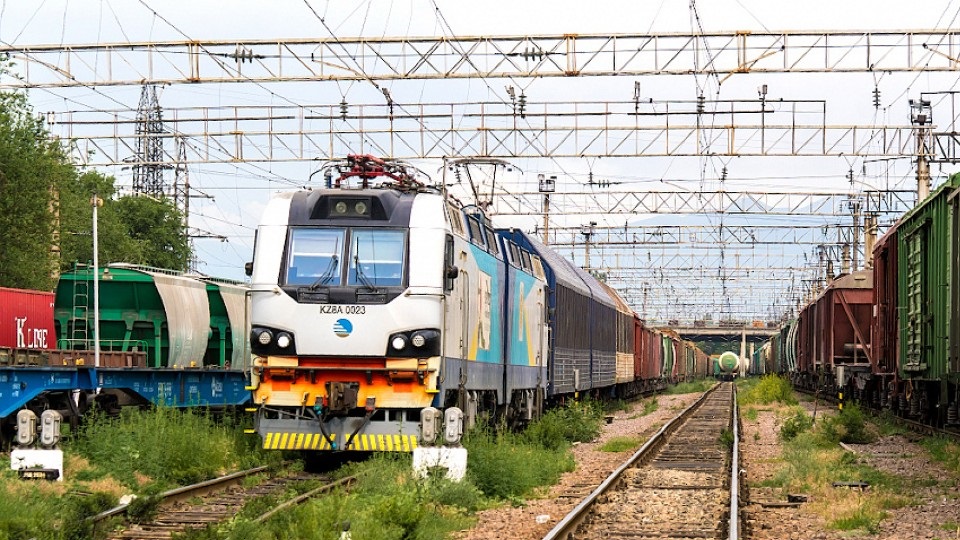China: transporting via Kazakhstan is much faster than via the Black Sea

Transporting goods from China via Kazakhstan will take significantly less time than using routes via the Black Sea. It is in fact estimated that it will take 5 days to cross Kazakhstan, while the route from China to the Black Sea will take a minimum of 14 days.
This is what was revealed at a meeting on measures to develop routes on the Middle Corridor hosted by Kazakhstan’s Prime Minister Alikhan Smailov on Friday 3 March. The meeting reviewed the progress of the current framework of the Middle Corridor and also proposed a new construction plan for this year and an improvement plan to further reduce transit times.
The meeting noted that the transit time across Kazakhstan has been halved compared to last year from 12 days to 6 days. That number will drop again to five days at the end of 2023. At the same time, transit time from China to Black Sea ports dropped from 38-53 days to 19-23 days. The meeting mentioned that this figure must be reduced again to 14-18 days by the end of this year.
Modernisation of the container terminal in Aktau
At the meeting, parties also discussed the modernisation plan for the railway infrastructure along the Middle Corridor. One of the main focuses was the construction of a container terminal in Aktau to serve the connection to the Caspian Sea. At the meeting, it was pointed out that ten oil barges, eight ferries, six tankers, and one container ship are expected to operate in the Caspian Sea by 2030. The meeting also considered preparations for an agreement between Kazakhstan and China on the development of an international transport route across the Caspian Sea. The agreement plays a role in securing traffic in the Middle Corridor and simplifying customs procedures.
Increasing Kazakhstan-China collaboration
Apart from this meeting on the Middle Corridor, Kazakhstan has recently made frequent moves to increase the country’s railway transport capacity. On March 1, Kazakhstan Railways (KTZ) and Xi’an Free Trade Port reached an agreement to involve the Kazakh company in the Chinese port. Xi’an Free Trade Port will in fact provide KTZ with eight hectares of land to build a new station in the port area.
On the same day, KTZ announced the successful completion of the first China-Europe train line across the Caspian Sea. The China-Europe Railway Express carried new energy vehicles and arrived at Koper Port in Slovenia from Jiaozhou, China. The journey took 45 days and covered 13,000 kilometers. On the other hand, the Middle Corridor is increasingly becoming a viable alternative to the route through Russia. KTZ exmplained that the volumes transported on this route in 2022 increased by 2.5 times compared with 2021, reaching 1.5 million tons.
This article was originally published on our sister publication RailFreight.cn
Also read:





